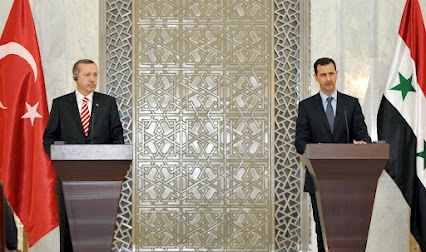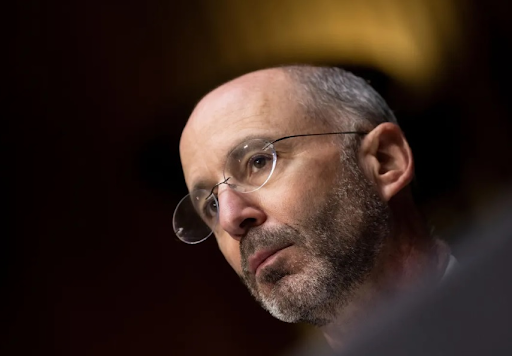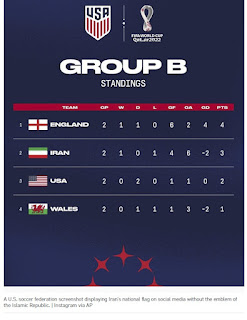
A Saudi-Chinese agreement to hold a summit between the two leaderships every two years and to sign agreements worth billions of dollars.. The Saudi Crown Prince affirms the Kingdom’s commitment to the “One China” policy
A Saudi diplomatic source in Riyadh told the German news agency that “the Saudi and Chinese sides agreed to hold a summit between the two...








































